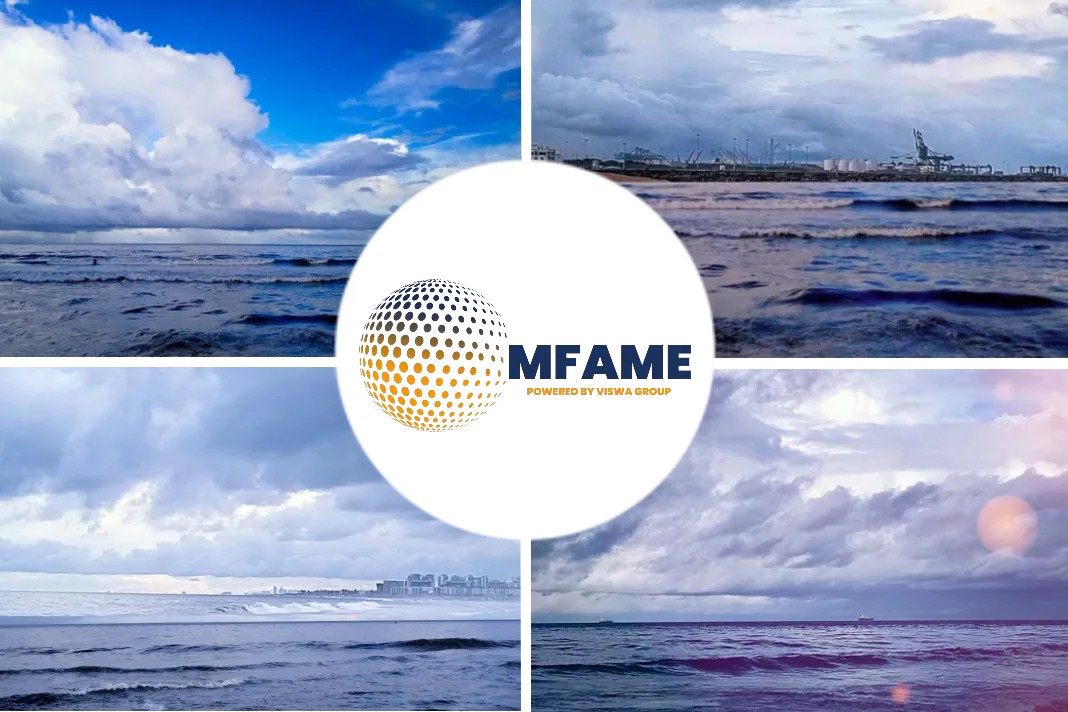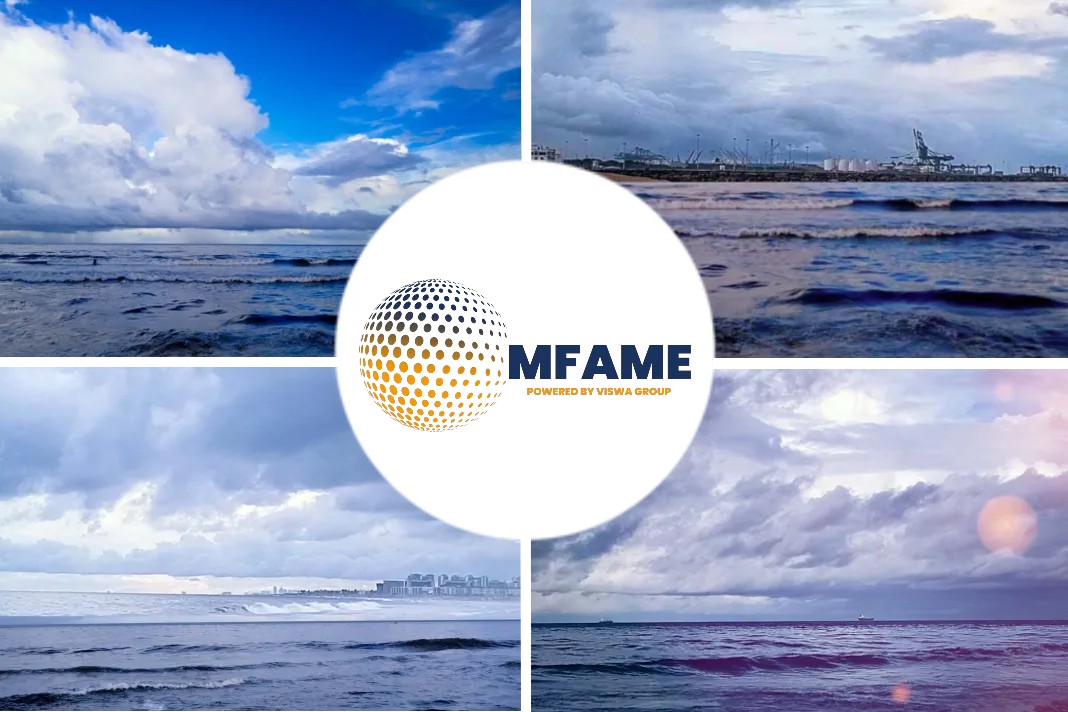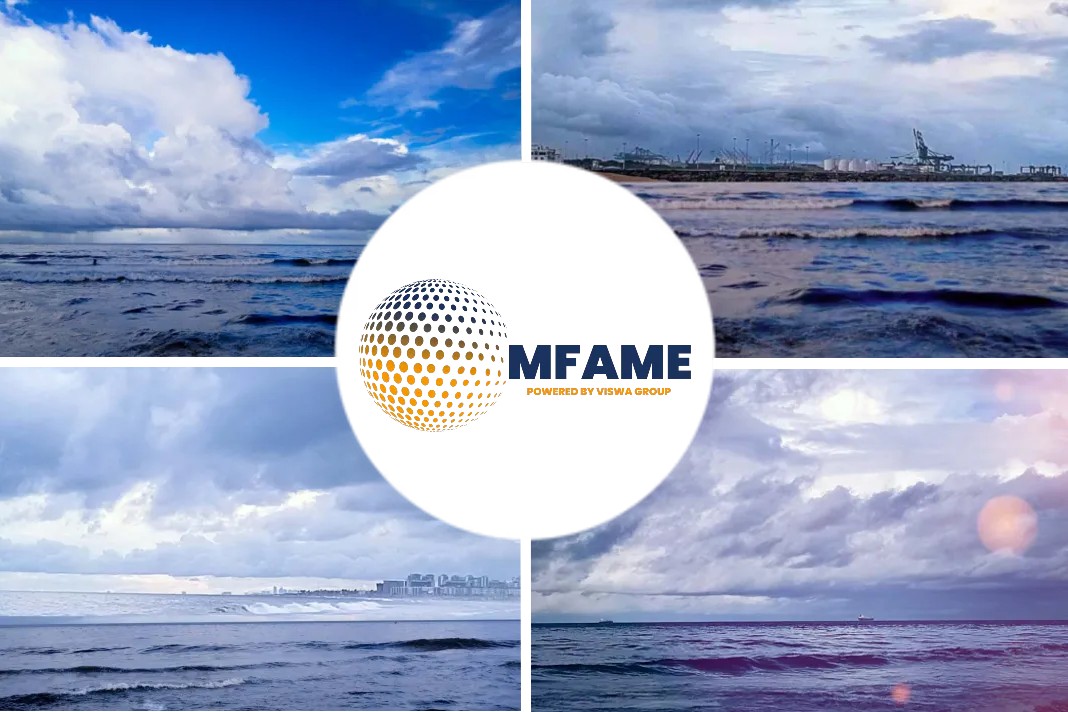
In a major development, the Paris MoU has announced that they have developed temporary guidance for its Member Authorities during the COVID-19 crisis, reports Safety4Sea.
What is it?
The current situation amid COVID-19 pandemic has made Member Authorities to implement national measures which are affecting the region’s PSC regime.
Acknowledging the crisis within international shipping, Paris MoU work with Member Authorities seeks to protect health and safety of Port State Control Officers and seafarers.
The guidance recognizes that there is a need to apply flexibility under these special circumstances.
Supply Chain Top Priority
The Paris MoU acknowledges further that at this time it is essential to keep supply chains open and also that it is proving very difficult for shipowners to arrange vessel surveys.
It is also very difficult for seafarers to attend the required training courses and to revalidate their certificates.
In this regard, the temporary guidance sets out parameters for the adoption of a pragmatic approach.
The key to this approach is the recognition that measures are being taken by flag States recognising the challenges the maritime industry is facing.
What’s in the Guidance?
Guidance for the port State control Authorities has been drafted regarding:
- impact of delays for surveys, inspections and audits
- extensions of validity of the ship’s certificates
- extended periods of service on board
- delaying periods for personnel certification (STCW’95 and MLC,2006)
How to deal with the issues?
As a general principle, the Paris MoU has suggested a pragmatic approach regarding the mentioned issues on a case-by-case basis for periods up to maximum three months.
- In such cases it is expected that there is active involvement of the flag State, and, if appropriate, the Recognised Organisation.
- This would include evidence that the ship has a plan that covers how the ship will be brought back in compliance with the requirements.
- Whether an inspection takes place remains the decision of the port State.
- A vessel can be considered self-isolating only if there are no ship-shore interfaces.
The temporary guidance may be reviewed, as appropriate, to keep aligned with the rapidly successive developments of the COVID-19.
Did you subscribe to our daily newsletter?
It’s Free! Click here to Subscribe!
Source: Safety4Sea




















